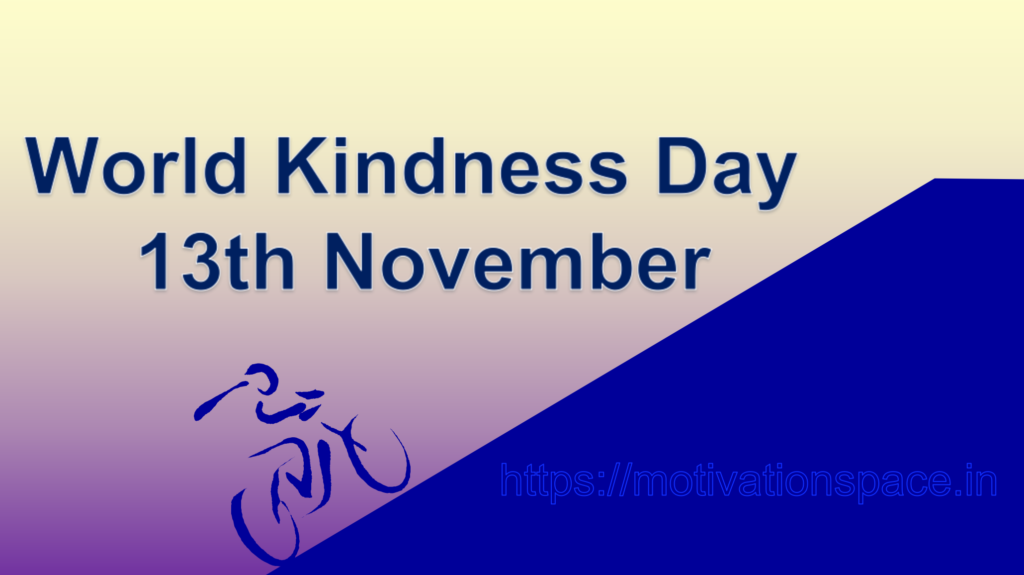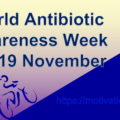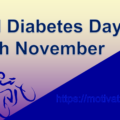Contents of this article
World Kindness Day: Spreading Acts of Compassion and Goodwill. On November 13th, World Kindness Day offers a gentle reminder of the profound impact of simple acts of kindness. In a world often filled with chaos and challenges, this day serves as a beacon of hope, encouraging us to embrace the values of empathy, compassion, and goodwill. In this blog, we’ll delve into the history, significance, and ways to celebrate World Kindness Day while exploring the positive ripple effects of kindness on our lives and communities.
The Origin of World Kindness Day
World Kindness Day was established in 1998 by the World Kindness Movement (WKM), a coalition of kindness organizations from around the world. Its inception was inspired by a 1997 Tokyo-based conference of like-minded groups. The aim was simple: to create a global day dedicated to encouraging acts of kindness and promoting the values of kindness in society.
The Importance of Kindness in Our Lives
Kindness is a fundamental human trait, and its significance cannot be overstated. Here’s why it is so crucial in our lives:
Strengthening Relationships:
Acts of kindness build and strengthen bonds with family, friends, and colleagues. They create a sense of trust, understanding, and connection.
Reducing Stress:
Both giving and receiving kindness have been linked to a reduction in stress and an increase in overall well-being.
Fostering Empathy:
Practicing kindness helps us see the world from another person’s perspective, fostering empathy and understanding.
Promoting Mental Health:
Kindness is associated with improved mental health. It boosts self-esteem and feelings of self-worth.
Enhancing Community:
Acts of kindness ripple through communities, creating a positive and caring atmosphere where people look out for one another.
Counteracting Negative Emotions:
Kindness has the power to counteract negative emotions such as anger, resentment, and fear.
Celebrating World Kindness Day: Acts of Kindness
World Kindness Day offers an opportunity to celebrate and encourage acts of kindness. Here are some ideas on how to participate:
Random Acts of Kindness:
Engage in random acts of kindness throughout the day, such as paying for someone’s coffee, leaving an uplifting note, or holding the door open for others.
Express Gratitude:
Take a moment to express gratitude to the people in your life who have shown you kindness.
Volunteer:
Dedicate your time to a charitable organization, where your kindness can benefit those in need.
Compliments and Smiles:
Offer compliments and smiles freely. Kind words and warm gestures can brighten someone’s day.
Share Inspiring Stories:
Share stories of kindness on social media or through local media outlets to inspire others.
Support a Cause:
Contribute to or support a cause that embodies kindness, such as supporting a charity or participating in a community event.
Self-Kindness:
Remember that kindness begins with oneself. Be kind to yourself by practicing self-compassion and self-care.
The Power of Kindness in Society
Kindness isn’t just a personal virtue; it has the power to transform society and create positive change. Here’s how kindness can influence our communities and the world at large:
Social Cohesion:
Acts of kindness promote a sense of togetherness and unity within communities, fostering social cohesion.
Alleviating Suffering:
Kindness can alleviate the suffering of individuals and communities in need. It can provide comfort, relief, and hope.
Reducing Conflict:
Kindness has the potential to reduce conflict and create a more peaceful and understanding society.
Fostering Equality:
Kindness often transcends differences and promotes equality, breaking down barriers of race, religion, and culture.
Inspiring Change:
Acts of kindness can inspire others to take positive actions and create a domino effect of goodwill.
Kindness in the Modern World
In a fast-paced, digital world, the importance of kindness remains undiminished. In fact, the digital age offers new opportunities for practicing and spreading kindness. Here’s how:
Online Acts of Kindness:
Social media and online platforms allow people to engage in digital acts of kindness, such as sharing inspirational content and supporting charitable campaigns.
Spreading Awareness:
The internet can be a powerful tool for raising awareness about important causes and encouraging acts of kindness.
Global Connectivity:
Digital tools enable us to connect with and support causes and individuals around the world, expanding the reach of kindness.
Community Building:
Online communities focused on kindness and positive change provide a platform for individuals to come together and support one another.
The Ripple Effect of Kindness
Kindness is often likened to a pebble thrown into a pond, with its impact radiating outward. The ripple effect of kindness demonstrates how a single act can inspire further acts of goodwill, creating a chain reaction of positivity. Consider these aspects of the ripple effect:
Inspiration:
When someone experiences an act of kindness, they are often inspired to pay it forward by performing their own acts of kindness.
Community Building:
Acts of kindness strengthen communities by fostering trust and cooperation among their members.
Emotional Contagion:
Kindness can trigger a cascade of positive emotions, creating a more compassionate and supportive environment.
Positive Change:
A society that values and practices kindness is more likely to promote positive change and address pressing social issues.
Lasting Impact:
The ripple effect ensures that even small acts of kindness can leave a lasting and meaningful legacy.
The Science of Kindness
The practice of kindness has been the subject of scientific study, with research highlighting its numerous benefits:
Release of Oxytocin:
Acts of kindness trigger the release of oxytocin, often referred to as the “love hormone” or “bonding hormone.” Oxytocin promotes social bonding and emotional connection.
Stress Reduction:
Kindness reduces stress by promoting feelings of happiness and positivity.
Enhanced Well-being:
Practicing kindness is associated with higher levels of life satisfaction and overall well-being.
Improved Health:
Kindness has been linked to better cardiovascular health, enhanced immune function, and a reduction in chronic pain.
Boosted Self-Esteem:
Being kind to others and receiving kindness can boost self-esteem and self-worth.
Longevity:
Research suggests that individuals who engage in acts of kindness may enjoy a longer, healthier life.
Conclusion for World Kindness Day
World Kindness Day is a powerful reminder of the potential for good that exists in the world. Kindness, in all its forms, has the ability to create a more compassionate, connected, and harmonious society. This observance encourages us to reflect on the impact of kindness in our own lives and inspires us to extend our compassion to those around us.
As we celebrate World Kindness Day, let’s remember that kindness is not limited to a single day but should be a part of our daily lives. Every act of kindness, whether small or grand, contributes to the betterment of our communities and the world. In a time when the world faces various challenges, the practice of kindness is a beacon of hope, offering us the strength to create a more inclusive, empathetic, and caring society. Feel free to contact us about the contents of this website.


